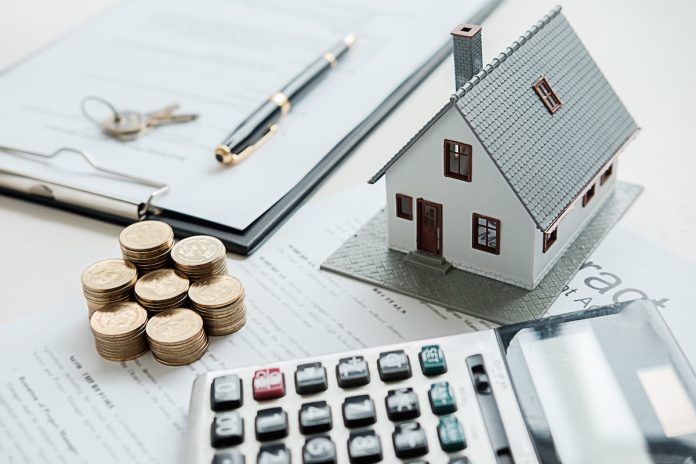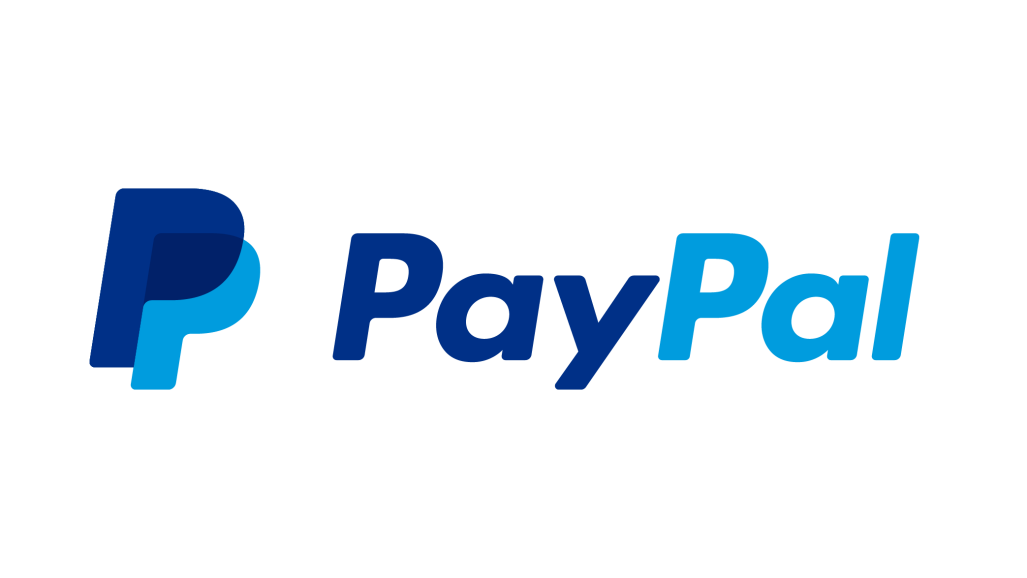5 Things To Consider Before Renovating An Investment Property
Buying an investment property can be an exciting and clever venture if you’re looking to increase your number of assets. The property, however, won’t always sell itself to potential tenants/renters. It may not be enough to purchase a house or apartment and expect prospects to flock to your door if the property isn’t in good condition. There are several advantages of renovating an investment property.
Quality is a top priority for many individuals looking to rent. It’s, therefore, crucial for you to ensure that your investment property functions and looks as top-tier as it can in order to not only attract potential tenants but to achieve the best possible return on your investment. One way of achieving the latter may be through renovation.
One major perk is that you, as the property owner/investor, can inflate the asking rental price after clearly having put in effort and money to improve the property—as well as create equity due to increased rental yields.
Other benefits may include:
- Attracting better-quality tenants.
- Boosting capital growth.
- Pride after completing a job well done.
It’s key to consider a few vital elements before diving into a renovation in order to guarantee that your investment property oozes cleanliness, practicality, and aesthetic appeal, rather than mothballs, carpet stains, and abandoned perishables in the fridge.
-
Funding
While you may be well-off when it comes to your financial situation and are willing to splurge on renovating your investment property, it’s wise to properly address your budgeting needs and determine whether applying for a rental loan would prove more beneficial.
Hard money lenders such as 14th Street Capital for real estate investors, for example, may be able to provide you with a hassle-free monetary loan for the purposes of developing or renovating an investment property for the securing of rental income.
Researching your funding options is important if you want to avoid financial distress and/or lack of adequate backing for your undertaking.
-
Understand market demand and trends
Before applying for a loan, however, it’s important to understand the nature of the market you’re working within in order to achieve a higher rental return. Ignoring market trends and demands may only lead to wasted funding and disappointment.
If, for example, additional bedrooms are what’s currently popular among tenants, rather than extra bathrooms and/or outdoor patio areas, you may decide to steer your renovations towards those additions. Families with young children are also more likely to be drawn to homes with a fenced yard, a playroom, and a bathtub—whereas elderly individuals are more inclined to rent a property that’s low maintenance, easily accessible, and with fewer rooms. Understanding the needs and desires of your tenants is a good first step towards a successful renovation.
Ensuring that the market is indeed saturated with eager renters at the time of renovation is also wise before pouring all of your funding down the shiny, restored drain. Gaining tenants as soon as you can after renovating is the goal in order to cover expenses. If your newly-improved property is sitting there for a long time without any prospects for its name, you may find yourself regretting the timing of your renovation.
Avoiding declining rent and property values is key, and this can only be done through proper research and the monitoring of market behavior.
-
Understand what’s worth renovating to secure a higher return on investment
As mentioned above, it’s key to analyze and determine what the market is desiring at the time of your renovation. There are, however, a few basics to be made aware of that are recommended to boost rental appeal, add value to the property, and achieve a higher return on investment.
These include:
- Up to date kitchens and bathrooms.
- Fresh paint and window dressings.
- Complete rubbish removal.
- Optimized storage.
- Polished floors or tiles over carpeting.
- Air-conditioning.
- Security systems.
- Privacy (fencing).
- New door handles and light fittings.
- Pet-friendliness.
- Optimized curb appeal.
- Consider appliances that will increase livability (dishwashers, washing machines, etc.).
-
Allocating your budget
Allocating certain amounts of your budget towards specific rooms is wise in order to cover the whole house (or your focal areas) without running out of dough for completion.
-
Avoid overcapitalizing
It’s crucial to be mindful of overcapitalizing. While you may want to pour your heart and soul into repairs and improvements, the renovations may end up costing more than the value of the home itself. If, for example, you spend a large sum of money on new trimmings, fancy taps, and/or decorative wall pieces, while the structural integrity of the whole house is questionable, you may simply be wasting your time and funding.
It’s wise to determine how your efforts will track in the future and if they’re really worth it.
Final thoughts
Renovating an investment property can be a wise decision in order to boost your overall rental gains. It’s essential, however, to properly understand the desires of the market, as well as how to best go about funding and organizing the entirety of your undertaking.






